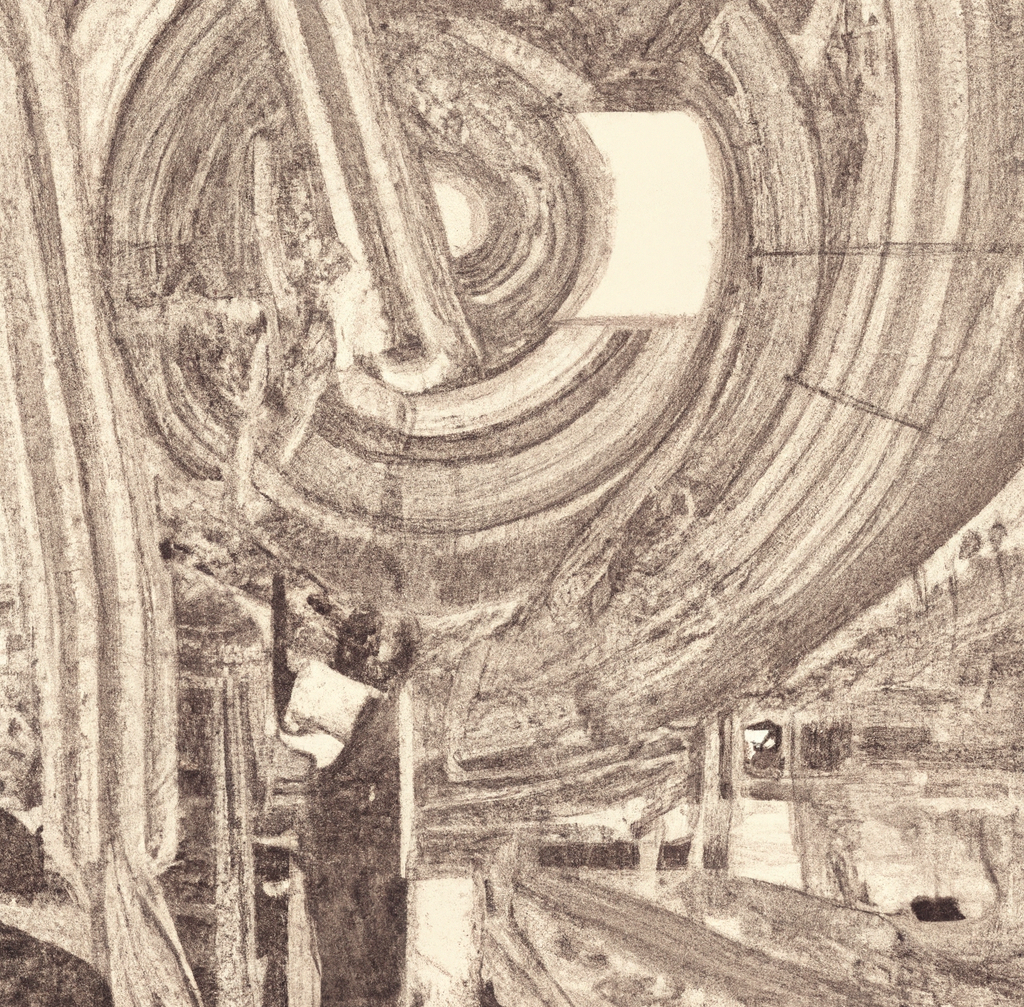The Weaver Of Balliguish
He continues with his toil but, at times, a black look overtakes him and it appears his heart is no longer in his work. What is there to do? Could what was once such a joy to him have become a burden?
The Weaver Of Balliguish Read More »




